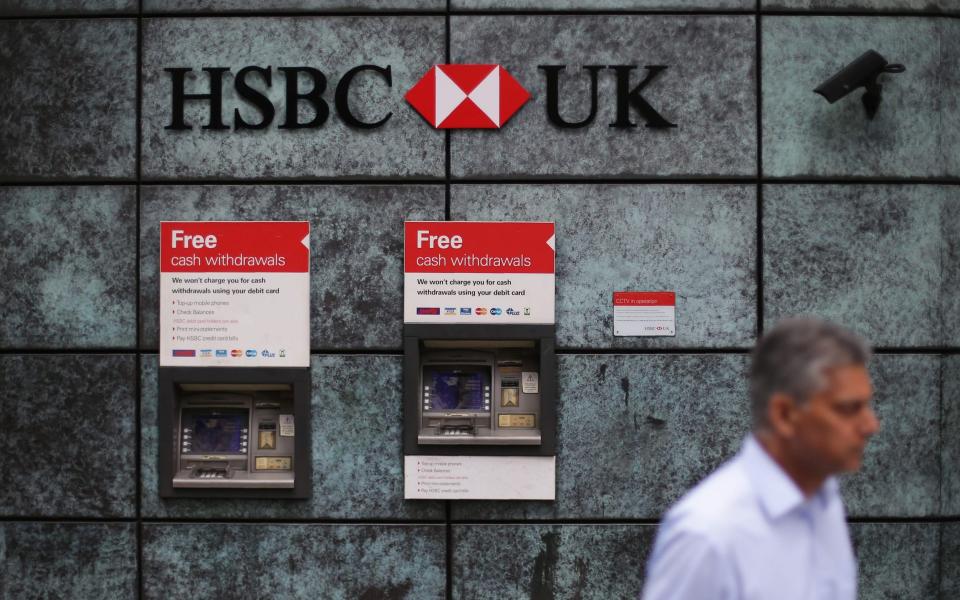Tens of thousands of free cash machines will disappear in next decade, warns ATM boss

Britain will lose 23,000 free-to-use cash machines in less than 10 years as credit and debit cards become the default payment method, the boss of the UK’s ATM network has warned.
Cash use will soon be as rare as cheques, which make up less than 1pc of payments, and six in 10 high street cash machines will disappear as a result, according to John Howells, chief executive of Link.
Mr Howells said the number of free-to-use cash machines will slump from 38,000 to 15,000 over the next few years as banks remove duplicate machines on high streets.
This will be 70pc less than in 2018, when the UK had 50,000 free ATMs.
Mr Howells said: “We have got duplication of free ATMs in busy high streets, so there is a lot of saving that can be done without affecting consumers at all. That will save the banks money and allow the ATM operators to be profitable.”
The UK’s ATM network costs around £420m a year to run, £400m of which is the cost of the machines themselves while around £20m covers running Link and the tech infrastructure it provides.
Link is owned by the industry so banks foot the bill, but cash machine use is falling every month. The system needs to be streamlined to continue to offer good value for the banks, Mr Howells said.
Ten years ago, six in 10 payments were made in cash. Today, the share is just one in 10. By the end of this decade, the figure will be one in 20, Mr Howells said.
This is because consumers and businesses are driving a mass transition to digital payments, he said.
But it means the 3.1m people who still use cash for almost every payment that they make, many of them elderly, are at risk of being excluded from the economy.
The Government has taken steps to guarantee access to free cash machines through the 2023 Financial Services and Markets Act, but Mr Howells urged it to go further.
“Car parking is the canary in the coal mine of what will happen if we don’t get a grip on this,” he added.
Local authorities’ adoption of digital apps to pay for parking has sparked widespread complaints across the country and left many older people unable to pay for parking.
“Nevermind the fact that these apps in most car parks I don’t think are safe to use. Somebody’s stuck a number on a wall in a carpark and you give them your credit card number. That’s absolutely nuts.”

 Yahoo Finance
Yahoo Finance 